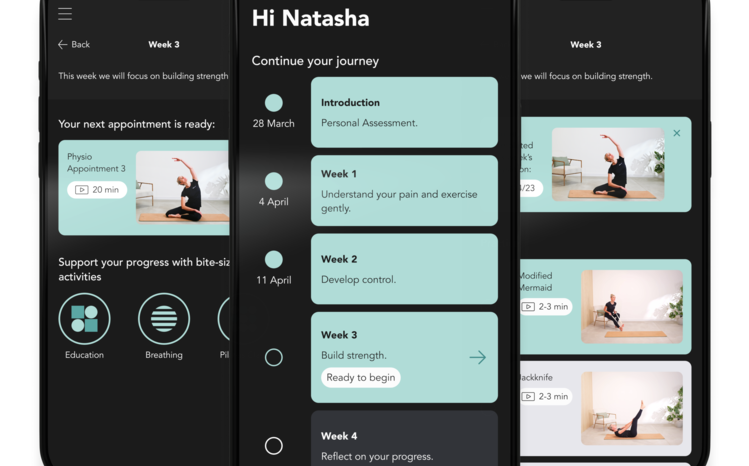AI to help patients with long-term conditions in north east London
- 3 January 2025

- Thousands of patients are benefitting from personalised clinical coaching under an NHS initiative that uses AI technology to better support those living with long-term health conditions
- NHS North East London, in collaboration with Health Navigator and UCLPartners, launched the three-year programme on 12 December 2024 to provide preventative care for patients at greatest risk of needing unplanned emergency care
- Through advanced AI screening technology, patients who can benefit most are being identified and offered targeted, personalised phone-based clinical coaching from healthcare professionals
Thousands of patients are benefitting from personalised clinical coaching under an NHS initiative that uses AI technology to better support those living with long-term health conditions.
NHS North East London, in collaboration with Health Navigator and UCLPartners, launched the three-year programme on 12 December 2024 to provide preventative care for patients at greatest risk of needing unplanned emergency care.
The initiative is designed to identify and better support people with long-term health conditions, such as asthma, by helping them stay well and avoid the need for unplanned care.
Through advanced AI screening technology, patients who can benefit most are being identified and offered targeted, personalised phone-based clinical coaching from healthcare professionals trained in delivering preventative care and self-management techniques.
Dr Paul Gilluley, chief medical officer at NHS North East London, said: “More than 15 million people in England live with one or more long-term conditions, accounting for 50% of all GP appointments, 64% of outpatient visits, and over 70% of inpatient bed days.
“This new approach represents a landmark step in harnessing technology for preventative care to better support these patients before they reach crisis points.”
Partners estimate that the programme will save 26,673 unplanned bed days across north east London, with a potential reduction of 13,000 A&E attendances annually.
Supported by the largest randomised controlled trial to date on AI-assisted preventative care, the initiative had a significant positive impact when piloted in Staffordshire, particularly in reducing deaths, notably a 46% reduction in men aged over 75.
Patients who received clinical coaching showed marked improvements in their wellbeing, which also resulted in significant reductions in the demand for urgent and emergency care services, with a 34% reduction in emergency attendances and a 25% reduction in bed days.
Additionally, results showed a 26% reduction in GP referrals to secondary care, further supporting sustainable healthcare delivery.
Waltham Forest are the first borough to receive the new initiative through Barts Health NHS Trust and Barking, Havering and Redbridge University Hospitals NHS Trust.
The AI technology and clinical coaching will then be implemented throughout the rest of north east London over the coming months, also benefiting patients in Barking and Dagenham, City of London, Hackney, Havering, Newham, Redbridge and Tower Hamlets.
Dr Simon Swift, chief executive of Health Navigator, said: “Our AI-driven technology, combined with personalised clinical coaching, has consistently demonstrated its ability to improve patient lives and shift care, allowing hospitals to be more productive.
“This collaboration represents a major step forward in proactive, preventative healthcare. We’re confident that this program will enhance the quality of life for patients and contribute to a more efficient and sustainable healthcare system.”
In the Lothian region of Scotland, an AI-powered physiotherapy clinic is offering nearly one million patients personalised treatment as part of a large-scale pilot.




